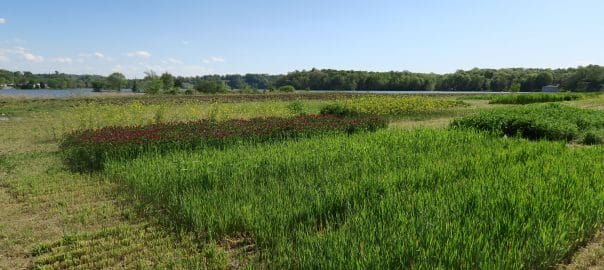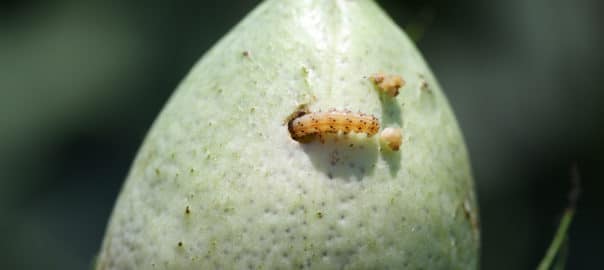The annual West Tennessee Grain and Soybean Producer’s Conference will be held at the Dyersburg fairgrounds on Thursday, February 6th. Continue reading
Category Archives: Soybean
Tennessee Certified Pesticide Applicator Recertification, Dicamba and Paraquat Training in 2020.
Tennessee Certified Pesticide Applicators must take recertification training in 2020. The recertification training is good for three years. In addition, those who will be spraying Engenia, Tavium, FeXapam or XtendiMax on Xtend crops must take dicamba training in 2020. A new addition from the EPA will be the requirement that anyone who purchases, mixes or applies a paraquat-containing herbicide to take the “How to Safely Use and Handle Paraquat-Containing Products” training module. Continue reading
2020 Middle Tennessee Grain Conference (Feb. 4, Tullahoma)
The 2020 Middle Tennessee Grain Conference will be held at the UT Space Institute in Tullahoma, TN on February 4th. Registration begins at 7:30 AM with the program starting at 8:30 AM. Participants are asked to pre-register at their local UT Extension Office until noon on January 31. Payment will also be accepted at the door. The $10 registration fee includes the program, refreshments, lunch, a conference cap, and a proceeding notebook.
Pesticide/dicamba re-certification will also be offered at 2:30 PM. Additional details, including the registration form are available at Middle TN Grain Conference Flyer.
Tennessee Top Bean Winners Revealed
Tennessee held the Top Bean soybean yield contest in 2019, as a collaboration between UT Extension and the Tennessee Soybean Promotion Council. Dry, hot weather in September and excess rains in October and November, created some yield challenges for soybean producers who planted late, but yields for early planted beans were good to excellent. Most higher yield entries were from early (late April or early May) planted soybeans planted on narrow rows.
For the contest, Tennessee was divided into five districts with first and second-place winners in each district. The district fist-place winners automatically competed for Top Bean state yield champion in irrigated and nonirrigated production. Congratulations to Mr. Brad Burks (Lauderdale county) who is the 2019 state winner for irrigated soybean production with 100.2 bushels/acre, and to Mr. Eric Reed (Lincoln county) who is the state winner for nonirrigated soybean production with 89.2 bushels/acre. All district and state winners will receive additional recognition at their local Grain Conferences in February.
For a complete listing of district winners and runners-up please click on the link below:

Cover Crop Species Selection for Tennessee Corn and Soybean Systems
In Tennessee, corn harvest is beginning and soybeans will be right around the corner. Time to start talking about cover crops, in particular, what options are best for your cropping system. Cover crops offer many benefits to cash crop systems, including weed suppression, nutrient credits, improved soil health, pollinator habitat, and more. Many species can be used as cover crops but each differs in the ecological benefits it can provide to a system as well as in its adaptation to production regions in Tennessee. This adaption is highly dependent on management practices, especially time of planting. A species selected as a top performer when planted after corn may not do so well in a system following soybeans, where cover crop planting is two to four weeks later. Planting a poorly adapted species reduces your return on investment in a cover cropping system, so let’s talk about what works in Tennessee. Continue reading
Some considerations for soybean harvest aids
While the majority of soybeans are harvested without the benefit of a harvest aid, there are a few situations where they make sense. Using the right product in the right field at the right timing is key to achieving enhanced dry down without impacting seed quality. Continue reading
Terminating Irrigation in Soybeans
As May planted soybeans are approaching full seed, I have received several calls about terminating irrigation. Since this has been a hotter year than the past few years, there is some concern that if water is shut off too early, we may give up some yield. Continue reading

Insect Control … last week for cotton … not so much for soybean
Cotton – Even for our latest cotton, given an average frost date of around October 15, this is the last week you can likely justify insecticide applications to cotton. Based on average historical temperatures, the last effective bloom date was two week ago. A late flurry of bollworm moth activity has forced some sprays this week, and most folks are electing to Continue reading

